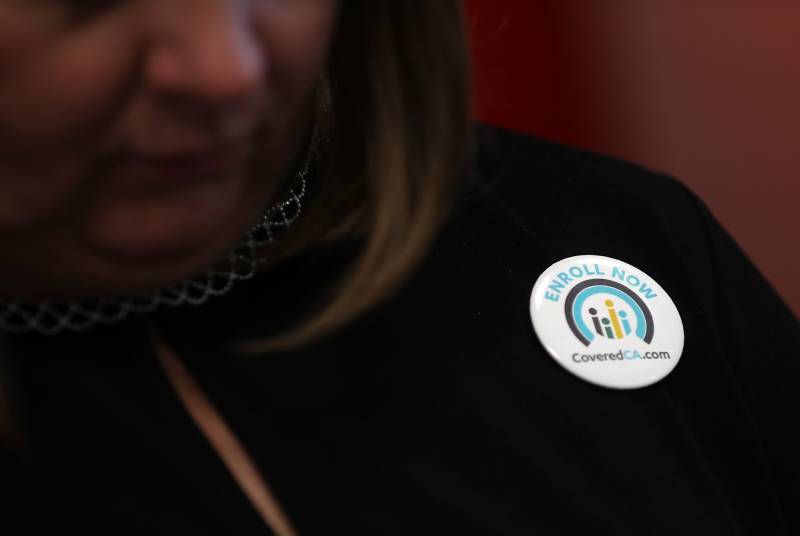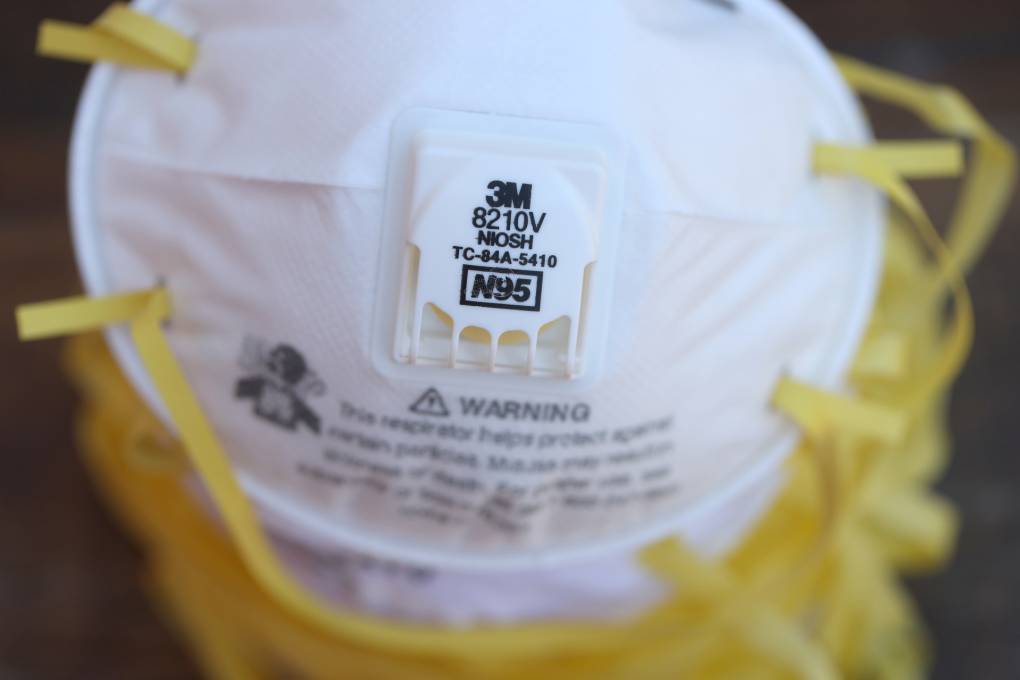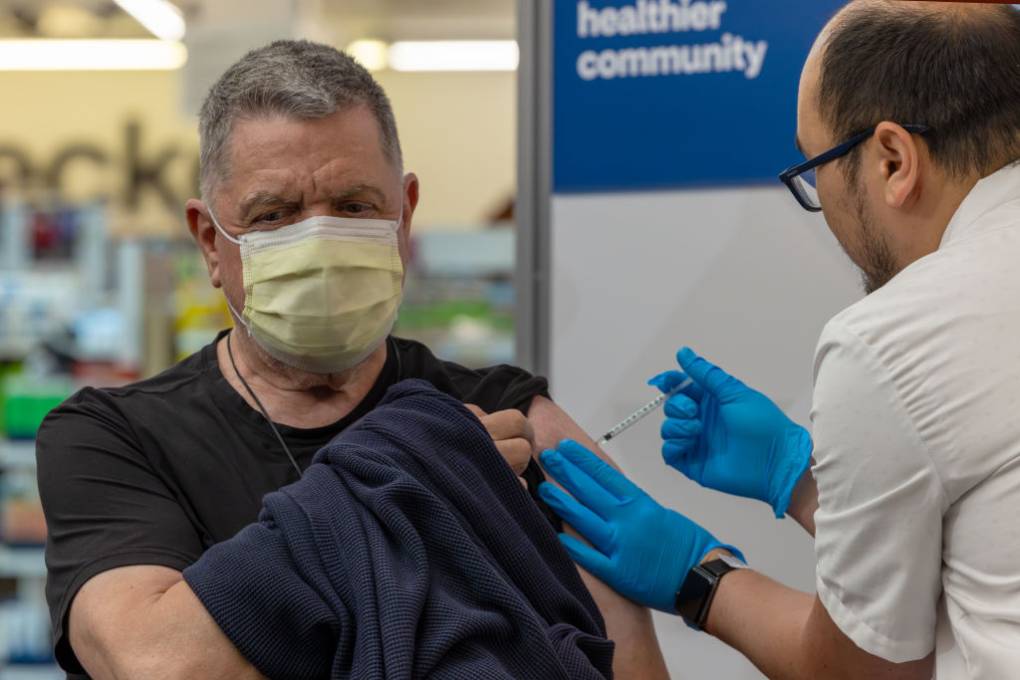California health officials are now allowing anyone who lost a job or work hours because of business closures related to the coronavirus to sign up for health insurance, making it the seventh state to do so.
Earlier this week, 80,000 Californians filed for unemployment in one day – the normal rate is 2,000 a day – and many of them lost their health coverage along with their jobs. Officials at Covered California, the state’s Affordable Care Act marketplace, are expecting hundreds of thousands of people to seek coverage due to job loss through the course of the pandemic.
“We think there’s so much fear, so much confusion that we need to step up,” said Peter Lee, executive director of Covered California, in announcing the new special enrollment period that will last through June. “If we need to extend it after that, we will.”
More broadly, experts believe the collision of a global health pandemic with an economic downturn will be a stress test for the Affordable Care Act, with favorability likely to grow as more people need and use it. Monday marks 10 years since the health reforms were signed into law.
“This will be the first recession since the Affordable Care Act went into place,” said Larry Levitt, a health policy expert at the Kaiser Family Foundation. “There’s a safety net for people who lose employer-based insurance that never existed in previous recessions.”
California has various protections in place for people who may find themselves in need of a new plan or struggling to pay their premiums.



